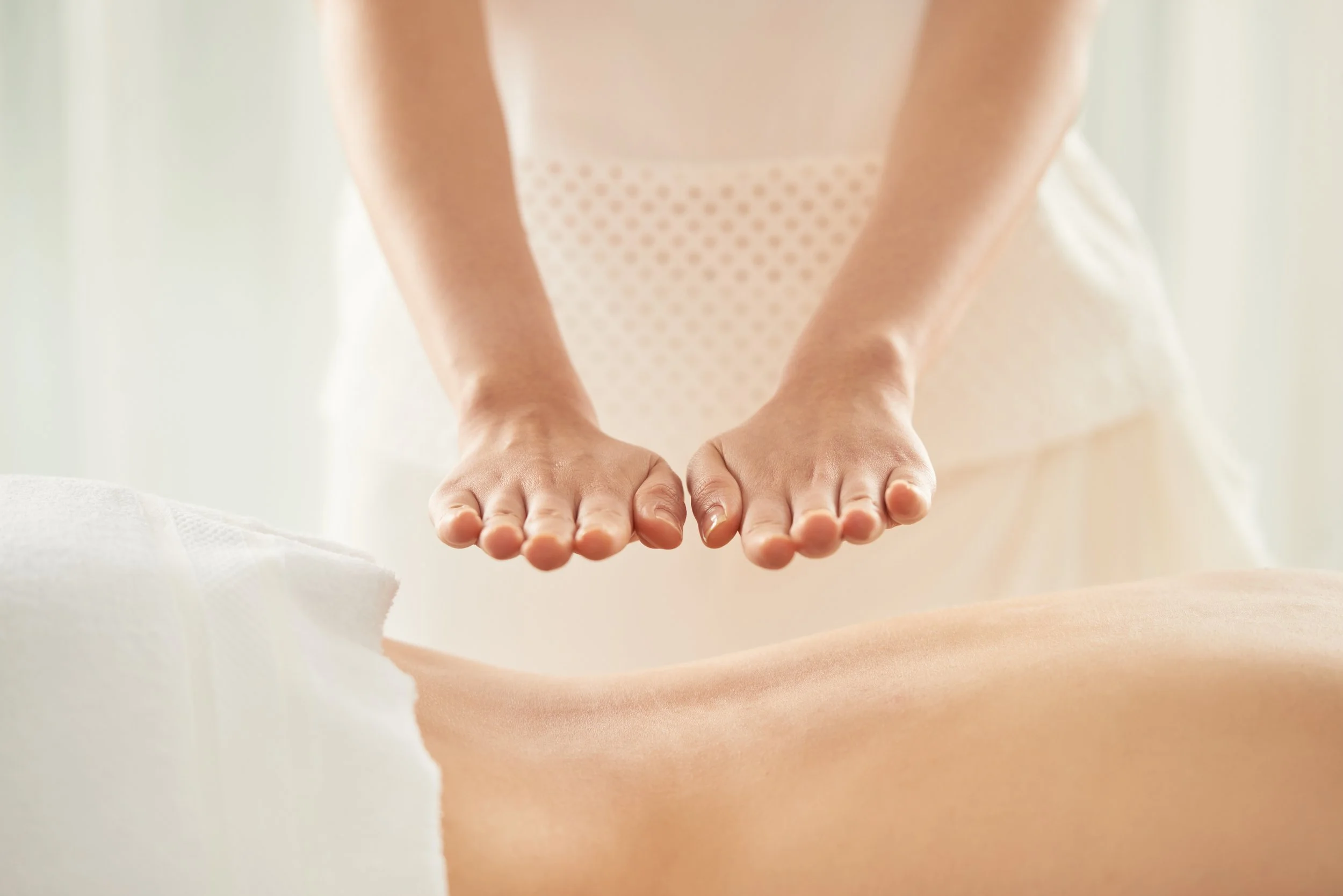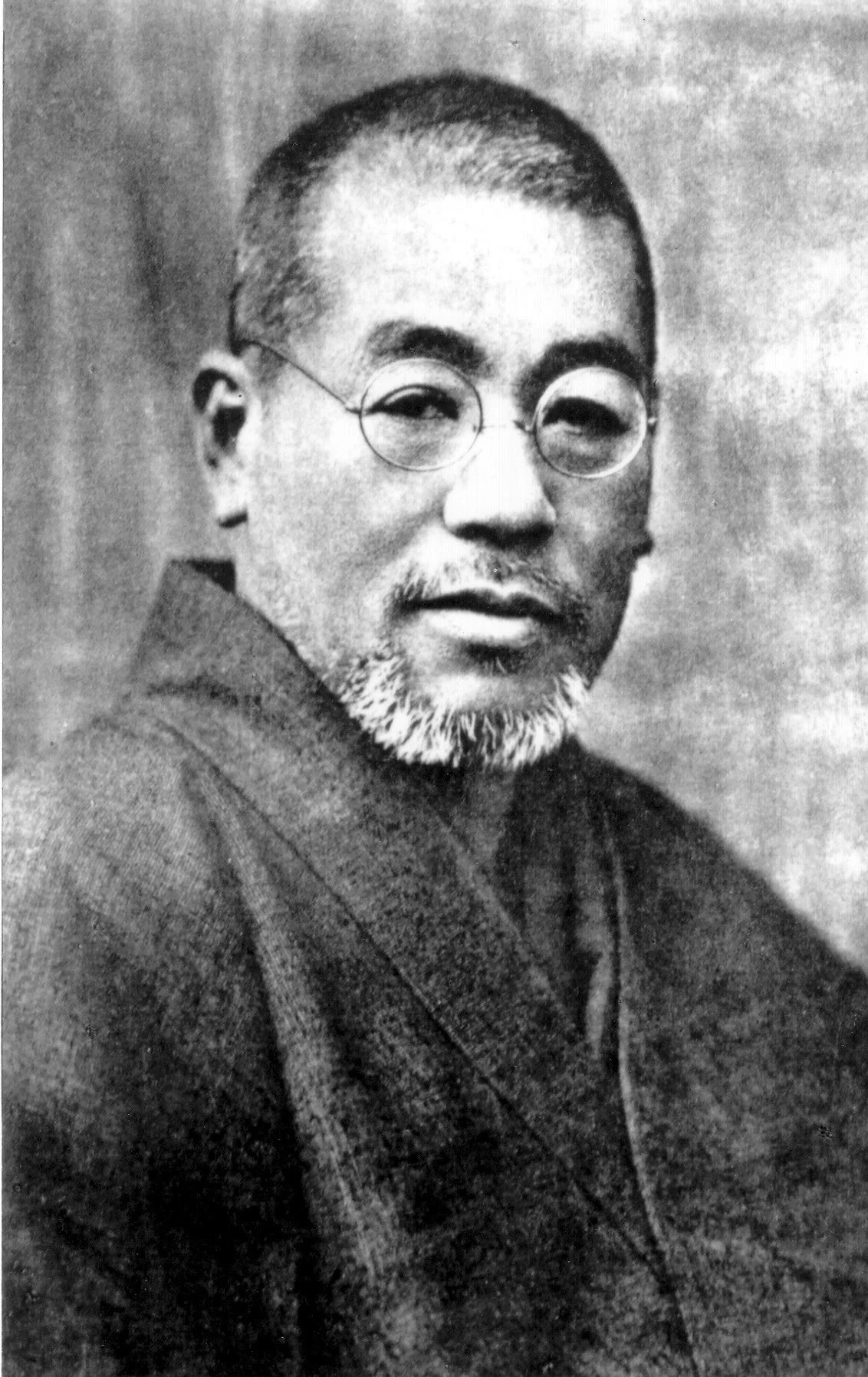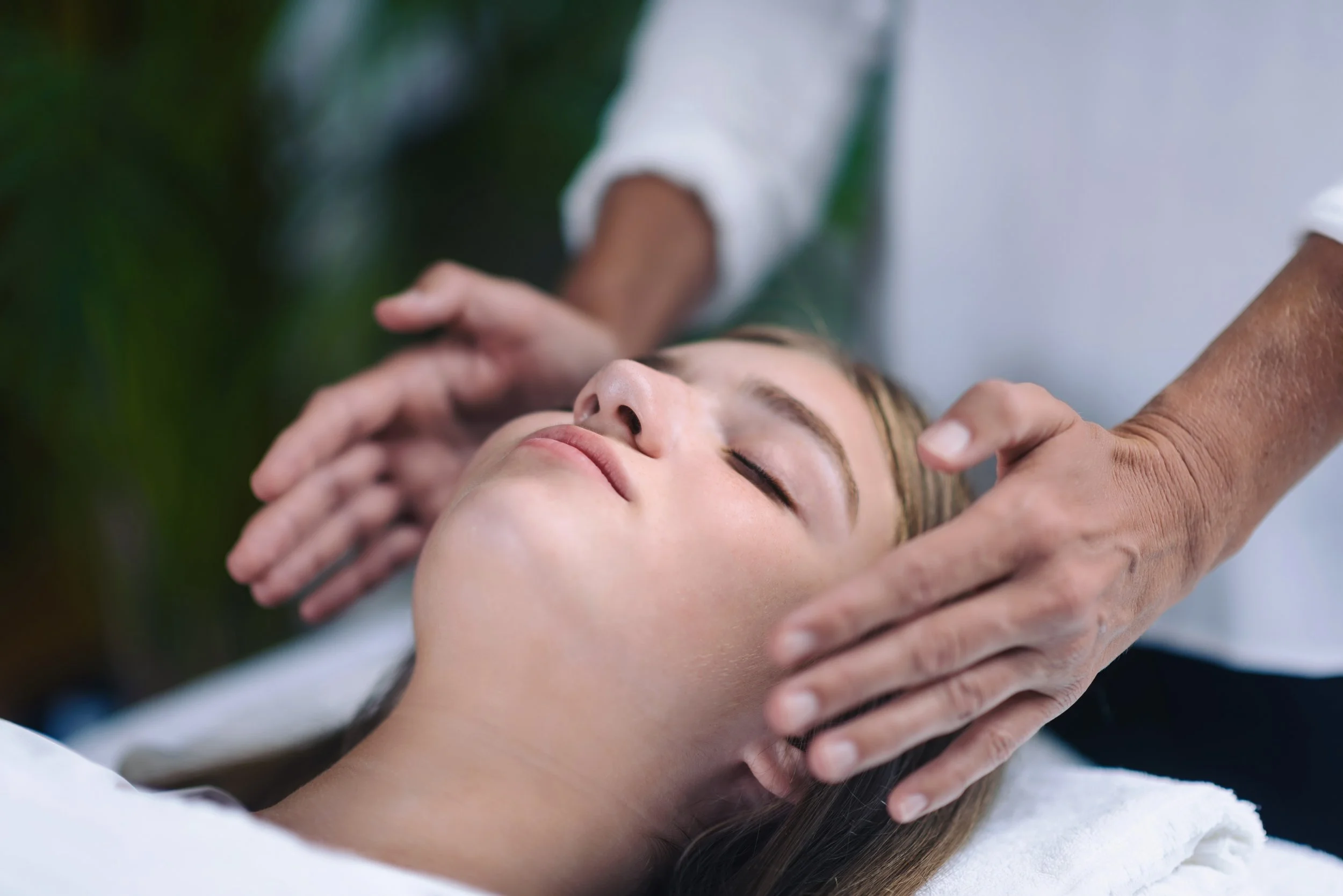INTRO TO: Reiki
No matter where you are on your wellness journey, it’s clear that a wide variety of practices fall under the umbrella of the healing arts. One such practice is reiki, which focuses on the movement of healing energy into and throughout the human body. Since its advent in the 20th century, reiki has brought peace and calm to countless people.
Whether you’re a reiki pro or you’re just hearing about it for the first time, you may be surprised to learn about some of the benefits and effects of reiki. Keep reading to learn more about reiki and how you can incorporate it into your own personal wellness journey.
What Is Reiki?
Reiki (pronounced ray-kee) was created in the 1920s by a Japanese man named Mikao Usui. Reiki is based on a simple premise: namely, that an important, invisible “life force energy” flows through everyone’s bodies. Because reiki practitioners believe that people tend to feel more balanced, happier and healthier when and where they have more of this energy, the goal of reiki is to deliver energy to a person’s body and guide it in a way that promotes healing, balance, and good health.
In practice, a reiki session simply involves a trained practitioner using gentle touch to impart and move energy at different points on a person’s body. These sessions can have calming, peaceful effects that may feel like mild tingling or warm light moving through the body. Due to the simplicity of the method and its lack of any negative side effects, reiki has long been used as a complementary treatment for a wide variety of medical conditions.
Mikao Usui
How And Where Is Reiki Taught?
There are currently no official licensing or certification requirements to become a reiki master; instead, most practitioners train as apprentices to reiki masters before setting out to practice on their own. A reiki master will open different energy channels in their apprentices, allowing them to achieve different degrees of attunement, or reiki-based skill.
When looking for the right reiki master for you, be sure to consider how much experience they have and what their personal philosophy is. You also may be more comfortable with a reiki practitioner of a particular age or gender. Give some thought to what you want your reiki experience to look like before you select a practitioner and you’ll set yourself up for a fulfilling session.
What Are The Benefits Of Reiki?
The benefits of reiki are wide-ranging, as reiki has been shown to improve mental, spiritual, and emotional well-being in addition to having positive physical effects. Studies have shown that reiki can reduce pain and anxiety and boost the quality of life in cancer patients; additional research has demonstrated that reiki can reduce anxiety and depression and improve its users’ moods. Additionally, although reiki is not particularly well studied, some users have claimed that it has helped with issues such as nausea, tension, headingches, and more.
Although the benefits of reiki can be many, reiki functions best as a complementary treatment, which means that it cannot treat serious medical conditions on its own. For instance, while it has been shown to improve the quality of life in cancer patients, reiki is not a suitable alternative to chemotherapy or other cancer treatments. Nevertheless, when used as a complementary treatment, reiki can often have a powerful effect on its users’ health and well-being.
How Has Reiki Evolved Over Time?
For people who are serious about practicing reiki, their practice goes beyond simply manipulating energy. Mikao Usui, the man who developed reiki, also created a series of Reiki Ideals to help add greater spiritual balance to the practice of reiki. These ideals ask users to recognize that they must make a commitment to improving themselves and taking an active role in their recovery and wellness.
The tenets of the Reiki Ideals include “do not anger,” “be filled with gratitude,” and “be kind to people.” When used in conjunction with a typical reiki practice, these ideals can help users improve their spiritual, emotional, and mental well-being to help them become even more well-rounded individuals.
What Does A Reiki Session Involve?
Beginning a new wellness practice can be intimidating. Fortunately, there’s nothing to fear at a reiki session! When you arrive at your session, you’ll chat with your reiki practitioner about how you’re feeling and what you’re hoping to get out of your session. Then, you’ll lie down - fully clothed - and your reiki practitioner will begin to use specific hand movements to open energy channels in your body and move that energy around.
A typical reiki session may last between 60 and 90 minutes, and it’s almost always incredibly relaxing. Reiki practitioners will often play peaceful music or enhance the experience with mood-lifting scents. Some patients have been known to fall asleep during their sessions!
What Are Some Drawbacks To Reiki?
The main drawback to reiki is that there is a lack of scientific evidence demonstrating its efficacy. While some studies have been performed that attest to reiki’s positive effects, these studies are few and far between. Nevertheless, reiki lacks negative side effects, which means that reiki is not a harmful practice. It can only be harmful when used in place of more effective treatments; as such, reiki should only be used in addition to, and not instead of, necessary medical treatments. If you have questions about reiki and its place in your personal wellness journey, don’t hesitate to contact your doctor to learn more.
How Do I Learn More About Reiki?
If you’re interested in learning more about reiki, the International Center For Reiki Training offers plenty of resources, information about virtual and in-person classes, and much more. If you’re brand-new to reiki and want a more scientific approach to its benefits, WebMD and Healthline both feature comprehensive reviews of reiki that detail some of the scientific studies done to better assess its effects.
Remember, reiki can provide you with a sense of peace and well-being, but it should not be used in place of medical treatment. If you’re interested in making reiki a part of your wellness journey, feel free to start a conversation with your local wellness practitioners or reach out to a member of the Elated today to learn more.






